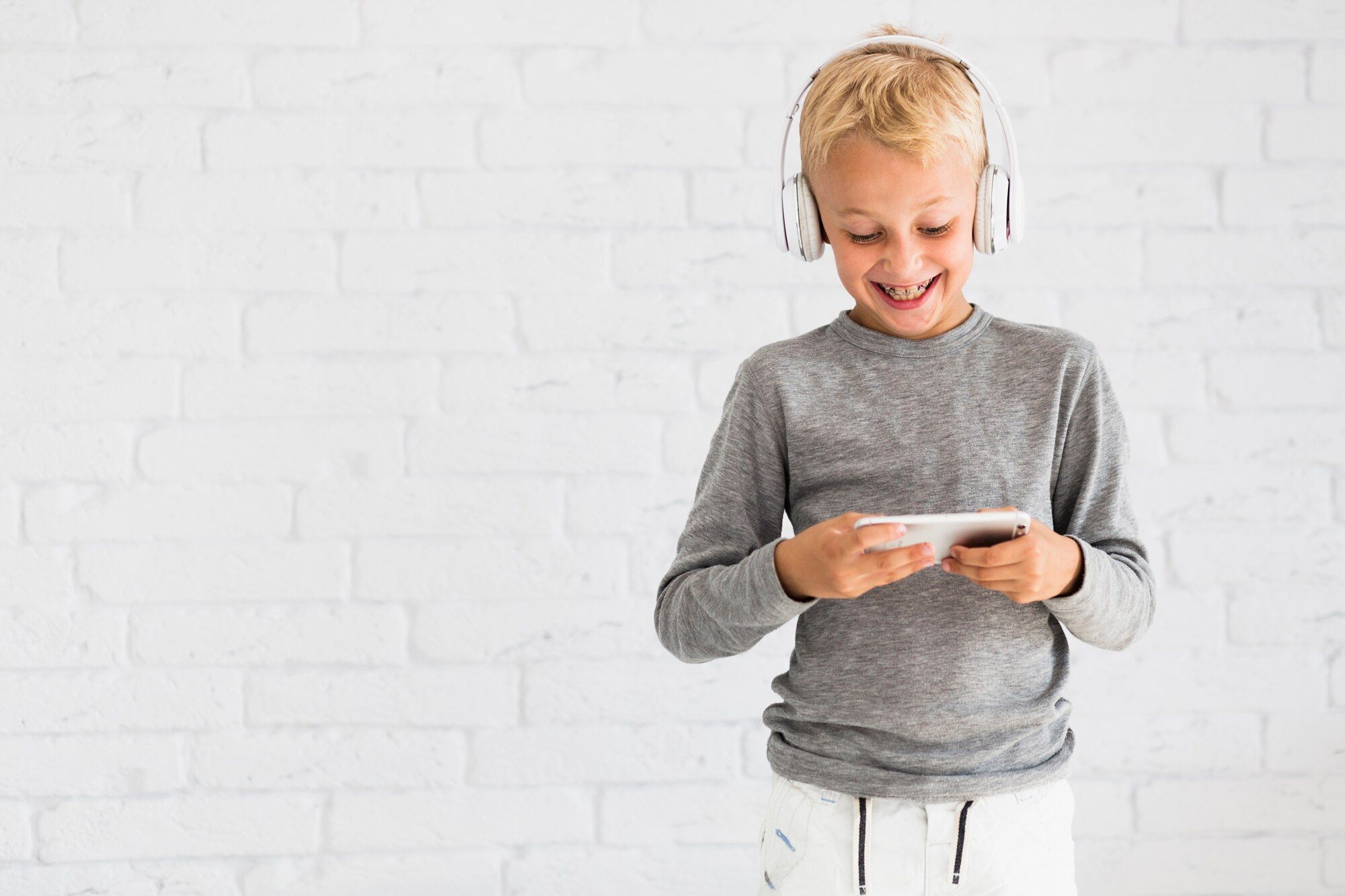technology balancedigital parentingdigital educationscreen addiction
30.07.2025
How excessive phone use by parents affects child development

For many of us, the phone has become an extension of our hand. It’s there for work, socializing, relaxing, or simply to escape a few moments from daily chaos. But what impact does this habit have on our children?
Maybe you check your messages while your child tells you about their day at kindergarten. Maybe you quickly reply to an email during dinner. It doesn’t seem like a big deal. But these “small” moments, repeated daily, can have a real impact on your relationship and your child’s development.
Technoference – when technology comes between you and your child
Psychologists call this phenomenon technoference — the interference created by technology in human relationships. In the case of parenting, it refers to those moments when we are distracted by the phone in the presence of our child.
And children notice more than we think. One study shows that over half of children believe their parents use their phones too often. 36% say their parents get distracted by their phones even during conversations. That sends a strong message: “The screen is more important than me.”
The effects on children: beyond attention
- Emotional and relational distancing
When you’re constantly thinking about something else — even if you’re physically present — your child feels it. Fewer looks, fewer reactions to what they say or do, less eye contact. Over time, the relationship cools, and the child may become more withdrawn or more agitated.
- Behavioral problems
When children feel they’re not getting the attention they need, some start “shouting” for it: they throw tantrums, become hyperactive or aggressive. Not because they’re “bad,” but because they’re trying to win back what they feel they’ve lost.
- Anxiety and insecurity
Teens who perceive their parents as constantly distracted by phones report more symptoms of anxiety and depression. The lack of an authentic and consistent presence can affect their self-esteem and trust in others.
- Imitating behavior
Children learn from what they see, not what we say. If you’re always on your phone, they’ll think it’s normal to spend hours on screens — without limits, without purpose. These digital habits can carry into adolescence.
- Slower cognitive development
In the first years of life, children learn through direct interaction: looks, gestures, words, responses. Every moment of distraction — when you answer a message instead of responding to your child — is a lost opportunity to support their development of language, empathy, and thinking.
What you can do, practically
This isn’t about guilt, but about awareness. We’re not perfect parents, but we can become more present. Here are some realistic suggestions:
- Observe your own habits
Why do you pick up your phone? Out of boredom? Stress? Habit? Awareness is the first step toward change.
- Create clear screen-free moments
For example: mealtimes, playtime, bedtime. Put your phone in another corner of the room — not just on the table next to you. Its mere presence is a temptation.
- Talk to your child about technology
Explain why you use your phone and ask how they feel when you’re distracted. You teach them empathy and validate their emotions.
- Use technology together
You don’t have to eliminate it completely. Look at photos, search for something interesting, play an educational game. Screens can become spaces for connection, not separation.
- Schedule fully dedicated time
Even just 20 minutes a day with your phone aside, fully present, can make a big difference in your relationship with your child.
Tutorina helps you be present
We know it’s not easy to manage screen use in a fully digital world. That’s why we created Tutorina — an app that turns your child’s screen time into an educational, mindful, and balanced experience.
With Tutorina, you can:
- set clear limits on app usage
- introduce helpful tasks or educational activities before accessing games
- monitor your child’s digital behavior
- give access to age-appropriate quizzes that challenge them to learn, not just consume
It’s more than just a control system — it’s a tool for collaboration between you and your child.
Technology won’t disappear from our lives, but the way we use it can make the difference between connection and disconnection. Being a parent in the digital age doesn’t mean giving up screens — it means learning to manage them wisely.
Choose to be present. Your child feels it, learns from it, and grows with every moment you choose them over the screen.


